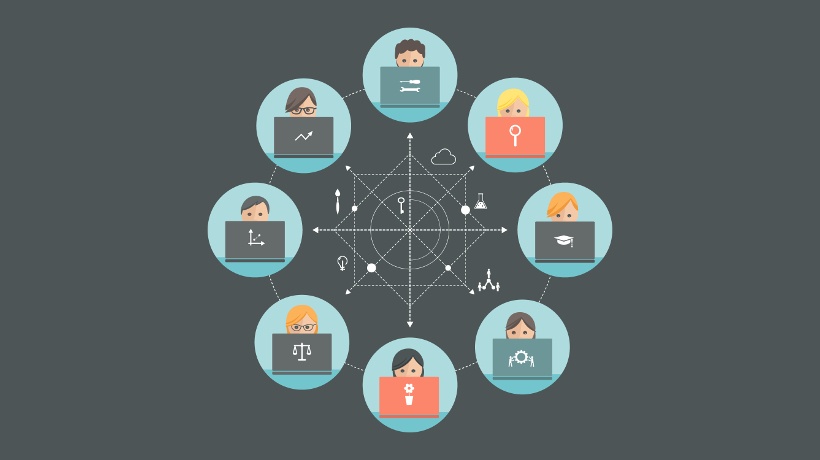The Role Of SMEs In eLearning Development
Subject Matter Experts, or SMEs, exist in all walks of life. They can be an 11th-grade teacher or a university professor that does field research on climate change. Together with an Instructional Designer, SMEs are responsible for delivering new and innovative learning modules for industry-specific training courses.
The online learning market is expanding at a fast rate. As such, SMEs’ role in eLearning development is more important than ever. Subject Matter Experts help keep the quality of online courses high and make sure the proper material is inserted in the right modules. Any organization that plans to create an eLearning platform will need the insight of such experts for their training courses to be a success.
Developing Program Material
Your SME will team up with an Instructional Designer to develop the eLearning course. Sometimes this means starting from scratch. They'll do the research and bring in the bulk of the material to be used in the training program. Other times, the hiring company will provide the materials that the expert will need to review.
The expert's job is to first make sure the proper content is being used for the course material. After reviewing the material, the SME will make recommendations for adding or excluding info from the training material.
Next, they'll review the requirements for the course. What desired outcomes is the course supposed to produce? Does each module have its own conclusion or do the modules add up to a larger lesson? The content expert will need access to all information pertaining to learning goals and desired outcomes. They will decide what information is useful, what is incorrect, and what needs to be taken out, in view of the business goals.
Revamping The Content
In some cases, the material available does not automatically translate into eLearning course material. This is where the SME will have their work cut out for them. Say the material worked well in a traditional classroom with a live presence at the course. Immersive learning requires engagement, and engagement requires multimedia tools. If an Instructional Designer is not available, the SME will need to figure out where those multimedia elements will fit into the text. They'll need to redesign the course altogether.
Inserting Assessment Elements
Depending on the type of training and the industry they're geared towards, online courses will often need an integrated assessment system. SMEs will work with Instructional Designers to determine exactly when to insert assessments throughout the course. This technique will make the training interactive and help the learner remember their lesson easier.
Since SMEs are experts in their field, they will know what information is more important to remember. As such, they're in the best position to suggest where these short-quizzes should be placed. If they are placed too early in the course, the learner might get confused. But, if the quiz is placed strategically, it will reinforce what the learner has learned up to that point.
Designing The Program
After the eLearning course plan is done, the Instructional Designer or the developer can start programming. At this stage, SMEs and Instructional Designers must work together closely. The designer will most likely need clarification from the content expert to do their job well. Here are some questions they might ask:
- Do you have real examples from the workplace that we can include in the course?
- Are there different versions of the right answer, depending on the scenario the learner chooses?
- What should happen if the learner gets three wrong answers in a row?
If you're lucky, your SME will also have designer capabilities. This should make the whole process easier as the SME will not have to consult with anyone else. They'll just need to focus on developing the program themselves. Also, you'll probably be paying less since you're only hiring one person and not two. Still, there are some drawbacks to consider when hiring an SME who's also a designer:
- The development process might take longer since there's one person doing both jobs.
- The SME might know their job, but might not be an expert in programming training courses.
- The SME might not know the learning theory that grounds the Instructional Design.
As such, it's always a better idea to hire one SME and one Instructional Designer. Depending on the hiring order, you might ask the SME if they have a favorite designer they work with and vice versa. You'll want this team to work together flawlessly!
SMEs Are Indispensable
We hope this article has helped you understand the SME role in eLearning development. If you're looking to build a high-quality, flexible, and rich online course, you'll need someone that knows the content inside and out. Also, if you have more questions, feel free to ask our experts. It's hard to figure out where to start and we're here to lend a helping hand! Check out more info on eLearning and our other online learning platforms on our website.









